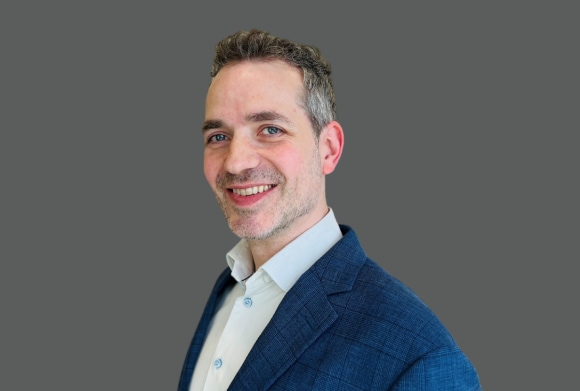Interview
Fiona Reynolds: Developing countries hold the key to limiting climate change
The former head of the UN’s Principles for Responsible Investment believes more attention needs to be paid to supporting the climate response of less developed countries, and more focus is needed on the ‘S’ of ESG.








